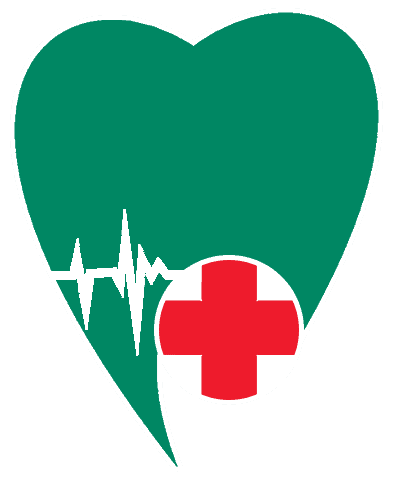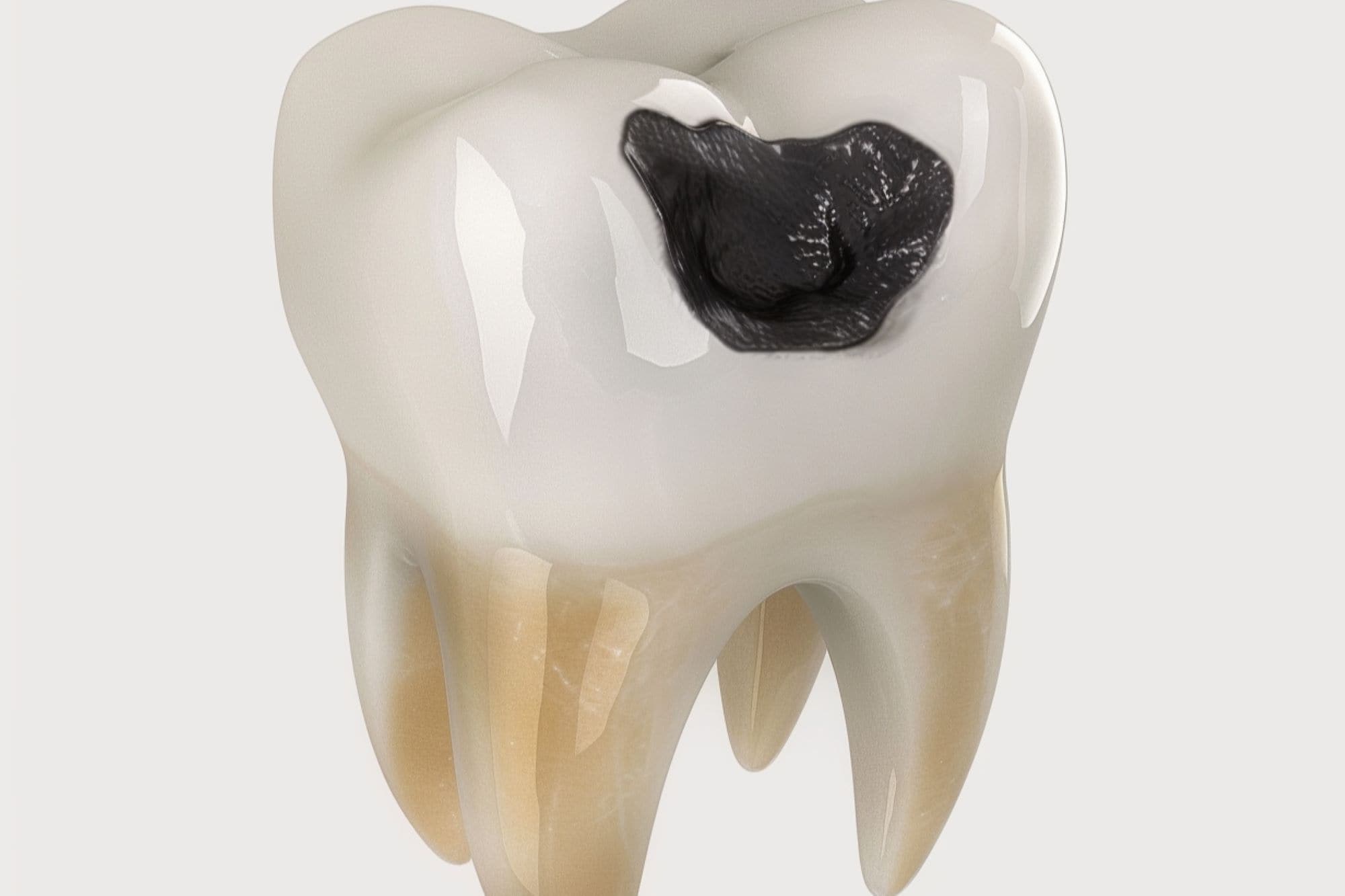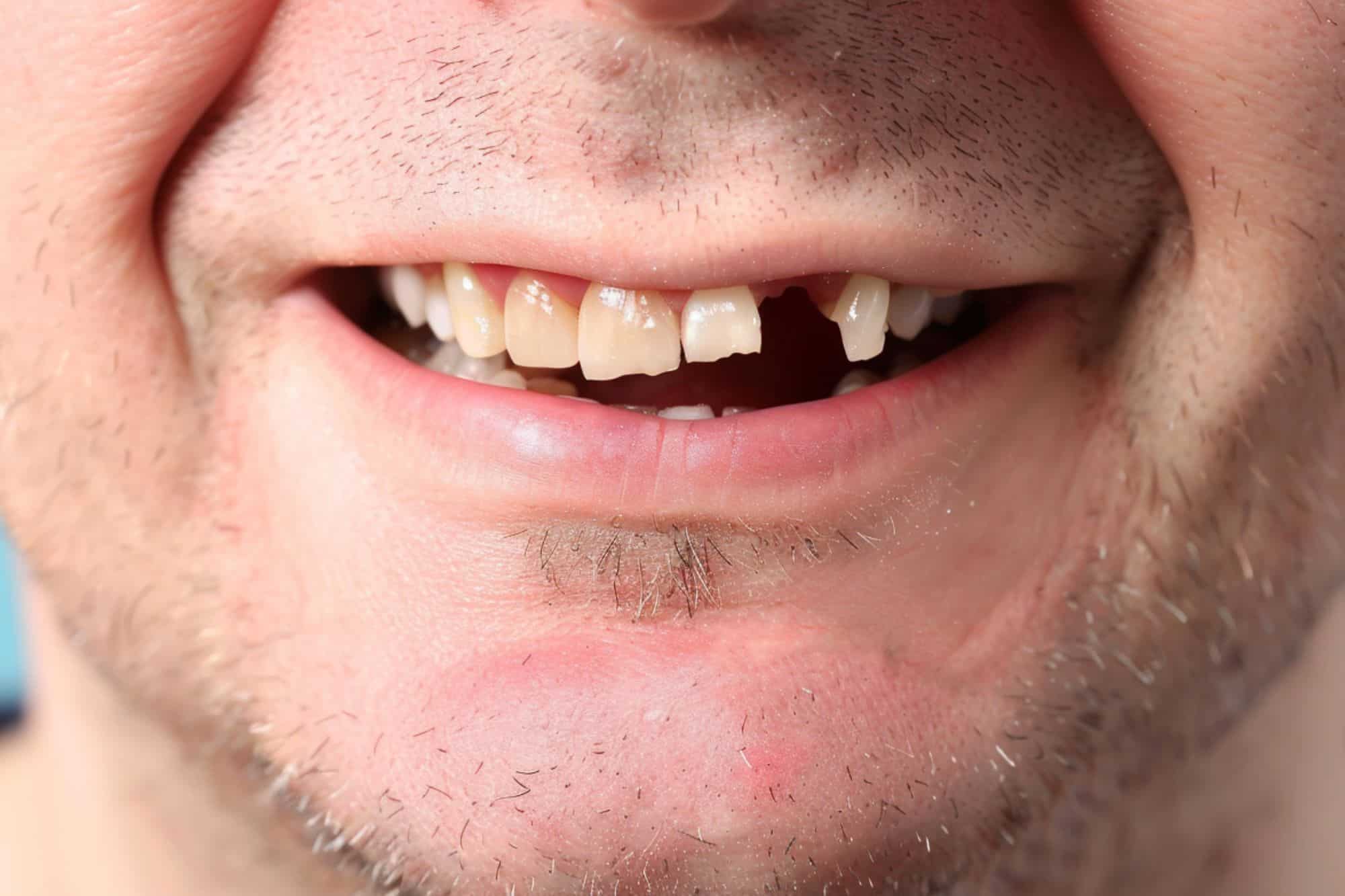When you face a dental emergency, knowing the potential costs involved can ease your stress and help you prepare financially. Whether it’s a sudden toothache or a broken crown, emergency dental services in Winston-Salem can vary in cost. This guide will help you understand what you might expect to pay for different types of emergency dental care.
Understanding Emergency Dental Services
A dental emergency involves any situation where immediate dental care is needed to alleviate severe pain, save a tooth, or treat serious oral infections. Common dental emergencies include severe toothaches, knocked-out teeth, lost fillings or crowns, and significant breaks or cracks in your teeth. Each of these scenarios requires prompt attention to prevent further damage or long-term health issues.
Immediate Actions to Take
If you find yourself with a knocked-out tooth, try to keep it moist (by placing it back in the socket, between your cheek and gums, or in milk) and get to a dentist immediately. For severe pain or a broken tooth, rinsing your mouth with warm water and applying a cold compress can provide temporary relief until you reach your dentist’s office.
In dental emergency situations, knowing what to do can save your tooth and significantly reduce your treatment costs. Next, we’ll look at the costs associated with various emergency dental procedures commonly performed in Winston-Salem.
Typical Costs of Emergency Dental Procedures
When it comes to emergency dental care, the type of procedure needed can significantly impact the overall cost. The complexity of the problem and the type of treatment required will dictate how much you end up paying. Let’s break down some common emergency dental procedures and their associated costs.
Root Canals
A root canal is necessary when the pulp inside your tooth, which contains nerves and blood vessels, becomes infected or damaged. This procedure involves removing the infected pulp, cleaning the inside of the tooth, and then sealing it to prevent further infection. The cost of a root canal in Winston-Salem typically ranges:
- Front Tooth: $700 – $900
- Molar: $1,000 – $1,200
The location of the tooth affects the cost because molars are harder to treat due to their position and the number of roots they have.
Tooth Extractions
If a tooth is too damaged or decayed to be saved, an extraction may be necessary. The cost of tooth extractions can vary based on the complexity of the procedure and the type of anesthesia required:
- Simple Extraction (Local Anesthesia): $75 – $300
- Surgical Extraction (General Anesthesia): $200 – $600
Dental Crowns
When a tooth is cracked, a crown can be used to cover and protect it from further damage. The cost of dental crowns can vary widely based on the material used:
- Porcelain Crown: $1,200 – $1,500
- Metal Crown: $1,200 – $2,500
Cavity Fillings
For minor tooth decay or small cavities, a filling can restore the integrity of the tooth. The cost for fillings depends on the material used:
- Amalgam Filling: $100 – $200
- Composite Filling: $130 – $250
These costs reflect the general price range in Winston-Salem, but individual cases may vary.
TIP
Consult your dentist for a more precise estimate of an emergency dental service based on your specific situation.
Factors Influencing Emergency Dental Costs
Several factors can influence the cost of emergency dental care. Understanding these can help you anticipate potential costs and make informed decisions during dental emergencies.
Geographic Location
The area where you receive dental care can significantly impact costs. Typically, dental services in urban centers tend to be more expensive than in rural areas. In Winston-Salem, being a city, the costs might be higher compared to smaller surrounding towns due to higher operational expenses in urban settings.
Time of the Visit
Emergency dental services required during holidays, weekends, or outside of normal business hours can incur additional charges. Dentists might charge higher rates for treatments during these times due to the increased inconvenience and demand for urgent care.
Type of Emergency
The nature of the dental emergency also plays a crucial role in determining the cost. More complex issues, such as a tooth with multiple roots needing a root canal or a severely impacted tooth requiring surgical extraction, will generally cost more. Simple emergencies, like a minor filling or a basic extraction, tend to be less expensive.
Dental Insurance and Coverage
Your dental insurance coverage is a significant factor that can influence your out-of-pocket expenses. Some insurance plans cover a substantial portion of emergency procedures, while others may have limitations or higher deductibles that must be met first. It’s important to understand the specifics of your dental insurance plan and what it covers in emergencies.
Availability of Dentists
The availability of emergency dental services can also affect costs. If there are fewer dentists who offer emergency services, the prices may be higher due to the demand. Conversely, more competition can lead to more favorable pricing for patients.
Understanding these factors can help you better prepare for the financial aspects of dental emergencies. Next, we’ll discuss the insurance and financing options available to help manage these costs effectively.
Insurance and Financing Options
Navigating the costs of emergency dental care can be less daunting with the right insurance and financing options. In Winston-Salem, patients have access to a variety of methods to manage these expenses effectively. Here’s what you need to know about dental insurance and alternative financing options.
Dental Insurance
Most dental insurance plans cover a portion of emergency procedures, which can significantly reduce your out-of-pocket expenses. It’s essential to understand the specifics of your coverage:
Preventive Care: Many plans fully cover preventive services like exams and cleanings, which can help prevent emergencies.
Restorative Services: Coverage for emergency procedures such as extractions, root canals, and crowns often varies between 50% – 80%, depending on the plan.
Annual Limits: Be aware of your plan’s annual coverage limit as significant procedures can exhaust these limits quickly.
Payment Plans
Many dental offices in Winston-Salem offer payment plans, especially for expensive treatments. These plans can break down your bill into manageable monthly payments:
In-house Financing: Some dentists offer their own financing options without the need for third-party involvement.
Third-party Financing: Companies like CareCredit offer specific medical and dental credit lines that provide flexible payment terms.
Financial Aid and Community Programs
For those without insurance or who find themselves in a financial pinch:
Local Health Departments: Some offer emergency dental services at a reduced cost or on a sliding fee scale based on income.
Non-profit Organizations: There are organizations that provide financial assistance or subsidized care for dental emergencies.
… understanding and arranging these financing options before an emergency occurs can alleviate stress …
Being proactive in understanding and arranging these financing options before an emergency occurs can alleviate stress and ensure that you receive the necessary care without delay.
Preventing Dental Emergencies
Preventing dental emergencies not only helps avoid pain but can also significantly reduce the need for costly treatments. Here are some proactive steps you can take to maintain good oral health and minimize the risk of emergencies.
Regular Dental Check-ups
Regular visits to your dentist are crucial in preventing dental emergencies. These check-ups allow your dentist to:
- Detect early signs of decay, infection, or structural problems.
- Provide cleanings that remove plaque and tartar buildup, which can lead to cavities and gum disease.
- Offer advice tailored to your specific dental needs.
Scheduling routine appointments every six months is a standard recommendation, but your dentist may suggest a different frequency based on your oral health status.
Protective Measures
For those who engage in sports or activities that might put teeth at risk, wearing a mouthguard is a simple yet effective way to protect your teeth from trauma. Custom mouthguards provided by your dentist offer the best fit and protection.
Good Oral Hygiene Practices
Maintaining good oral hygiene is essential:
- Brushing twice a day with fluoride toothpaste and flossing daily helps prevent cavities and periodontal disease.
- Avoiding hard candies and other foods that can crack or chip your teeth is also advisable.
Diet and Oral Health
What you eat affects your dental health. Limiting sugary snacks and acidic beverages can prevent decay. Instead, include foods high in calcium and phosphorus, which can strengthen tooth enamel and promote oral health.
By integrating these preventive measures into your daily routine, you can significantly reduce the likelihood of facing a dental emergency and ensure your teeth remain healthy for years to come.
Conclusion
Understanding the costs associated with emergency dental care, along with how to potentially avoid these emergencies, empowers you to manage your oral health proactively. Remember, prevention is always better than cure, and maintaining regular dental visits and good oral hygiene can save you not only money but also discomfort. If you’re in Winston-Salem, take advantage of the resources available to ensure your dental health is never compromised.





